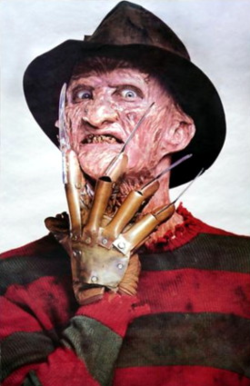A while back, the US government decided that the US economy was in danger of sliding into a recession. Traditionally, one of the methods to prevent a recession or to minimize the impact of an economic slowdown is for the Federal Reserve bank to lower the federal funds rate which indirectly affects the prime rate – a number which affects consumer and business loans. The purpose of lowering the rate is to make it easier for individuals and businesses to borrow money and spend it on consumer goods or business spending which will help increase economic activity. Another method is to cut taxes to stimulate the economy or create a stimulus check.
Fed policy 2008
So far in 2008, the Fed has decreased the federal funds rate from 4.25% to 2.25% – a drop of 2% over two months which is quite dramatic and indicates that the Federal Reserve is deeply concerned about the probability of a recession. The head of the Federal Reserve, Ben Bernanke, is a student of the Federal Reserve policies of the great depression and believes that Federal Reserve actions at the time turned an ordinary recession into a major depression. One of the key actions of the pre-depression Fed was to keep rates high which ended up choking the economy into a depression. Needless to say, Bernanke is quite keen to avoid the second great depression which is why he has acted very quickly to loosen the money supply and avoid the same mistakes made 80 years ago.
2008 Stimulus Check
Starting this week, US residents will start receiving money from the government in the form of an economic stimulus check”. This money is a plan by the government to give money to Americans so they can spend it and help stimulate the economy. It will be interesting to see if this payout has any effect on the US economy or it if can even be measured accurately.
Why doesn’t the government just spend this money itself? This is what normally happens with government money, however it’s an election year in the US and like everywhere else in the world – politicians like to buy votes! In theory it shouldn’t matter whether the government spends money on infrastructure projects or gives it to the voters to spend on big screen tvs, either way the money gets into the economy. It’s much quicker however, for consumers to buy big tvs and go on vacations than it is for the government to plan for and implement it’s own projects. Also, someone who is enjoying election night coverage on their brand new high definition plasma tv might be more inclined to vote for the party that bought the tv for them.
What to do with your stimulus check?
I don’t think the economic stimulus package will really do much good or much harm – and since it’s already a done deal, then my opinion doesn’t matter too much. If you are a recipient of some stimulus money then don’t listen to all the government propaganda about how you have to waste this money on consumer goods and vacations. It’s your money and you should do whatever is best for yourself and your family.
My suggestion is to apply the stimulus money according to your current financial plan. If you are working on paying down debt, then pay off some debt with it. If you are putting all your extra money towards retirement savings, then that’s where the stimulus money goes. If you happen to be savings for a big tv or vacation – then by all means, apply this money for those purposes since that’s what your financial plan calls for. If you don’t have a financial plan then put the money into a high interest savings account and create one!
How much are these stimulus checks?
The basic payout is up to $600 per adult and $300 for eligible children under 17. There is an income limit so if you make over $75,000 (adjusted gross income) then the rebate gets reduced by $50 for every $1000 of income earned over $75,000 which means the maximum income to get any money would be $86,000. A typical family of four could get up to $1800 which is not too bad!
When will the stimulus checks get paid out?
The original plan was to start sending out the stimulus checks in May however it was just announced that the schedule was moved up and checks will start going out on Monday, April 28. The mailing schedule is staggered and it will take about two months for all the money to be dispersed.



